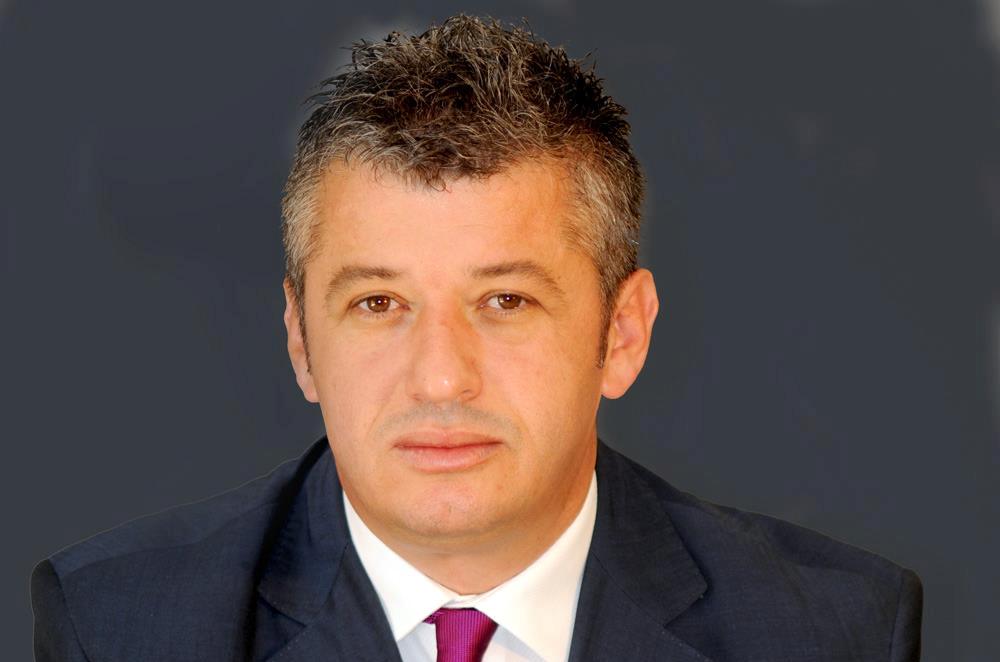
By Alfred Peza
Yesterday’s local government elections in Kosovo, the elections held in Macedonia a week ago and the latest political developments in Albania, make the Albanian world in the Balkans seem like test tube where all the current global developments are being experimented. In this small world of ours, one can find all sorts of streams and tendencies of the big world. This shows that we are not simply a problematic corner of the distant past, but we’re still far from our desire to be that comfortable corner of the future.
In these days of fall 2017, in the Albanian speaking territories of the region we find democratic developments and anti-democratic tendencies. We find fair policies and political justice. We find moderation and extremism. We find European modern mentality and neo-Ottoman behavior. We find game rules and cyclical games. We find a rule of law and laws which are interpreted to serve people with power. We find quietness and tension. At the end of the day, we have a society that functions, despite the streams that clash and the noise that is made. This is a clear sign that the system has been crystallized, it’s functioning and it’s making this small world of ours follow the pace of the greater world.
Let us analyze these Albanian micro-worlds, to better understand this test tube of ours and to better see where we’re going.
First, the local government elections in Macedonia were more important for the state rather than the Albanian community over there, because more than a battle to win an extra commune, it was a vote in favor or against “Gruevskism”. A theory, but above all, a practice of an overcome democratic behavior in the Balkans. A political model which brought this country closer to the democracies in former Soviet republic, rather than bringing it closer to Western European democracies.
This model has surprised its “disciples” even in the Albanian world in the Balkans, in Macedonia, Kosovo and Albania. Thus, Zaev’s victory there and the victory of other reformatory parties, was a victory for the progress of progressists even in other parts of the Balkan.
The Albanian political players there achieved another victory of democracy, by gaining more experience in the plural game of Albanian parties and other nationalities, and by making the freedom to elect and be elected more interesting. The sporadic tension that was seen last week, was not out of the “normality” of Balkan democracies.
Secondly, in Kosovo, the local government elections came not long after parliamentary parties in Pristina managed to create a new government led by PM Ramush Haradinaj. Amid electoral tension, government crises, coalition crises before and after the elections, Kosovo now looks like a state which lives in a permanent electoral campaign.
Still unaccustomed with a clear division of powers, Kosovo continues to consider local government elections as less important than the general elections. This is normal for a country which is not used to the democratic and pluralist system. Kosovo is a young state and it will soon realize that local government elections are very important. Even in Albania, which has a century old history as a state, the importance of the local government elections was only realized when Edi Rama and Lulzim Basha raced for the post of the mayor of Tirana.
Kosovo media reported that the process was quieter than in the past, showing that after each election, the electoral culture is gradually improving and people are no longer seeing the voting day as a day of fighting between gladiators.
Thirdly, in Albania, the week has been very intensive in a clash for the so called “Tahiri” case. The former socialist Interior minister was part of a known scenario which is produced every time a political sacrifice is required in Tirana. Even in this case, as a result of the political, media and public debate, this story looked like the continuation of politics through other methods, creating an amalgam where a common citizen is not able to make out the difference between politics, justice, innocence, game, intrigue and when something is exploited to serve the interests of one side or another.
Nevertheless, in spite of this game of force, one thing is clear. These are “normal” games in a democracy which in a few days is expected to be affected by a deep reform in the justice system. It’s fear what makes demons unite with each other to face the effects coming from the other side. This week will be very important for Albania and its short-term or medium-term developments. This is not simply related to Wednesday’s voting in Parliament of the motion of the Prosecution of Serious Crimes to give way to Saimir Tahiri’s arrest. The end of this story is clear: for as long as the SP has the majority in that Parliament, this party said that it is against this motion. More important than this is the behavior of the sides once this game ends.
What’s happening in the Albanian world in the Balkans, in Macedonia, Kosovo, Albania and everywhere else Albanian live, is nothing more than the miniature of what is happening today with all the countries, nations, states and other regions of our world today. What’s important is for the vector of these developments to be positive. This is a clear sign that we are normal citizens of a world with abnormal developments and tendencies, which, in spite of partial temperatures, it continues to follow its constant trajectory of historical developments. We are not simply Albanians, but we are also part of this stirred world.
Note: The views expressed in this article are the author's own and do not necessarily reflect Albanian Free Press’ editorial policy




 ALB
ALB
 ENG
ENG
